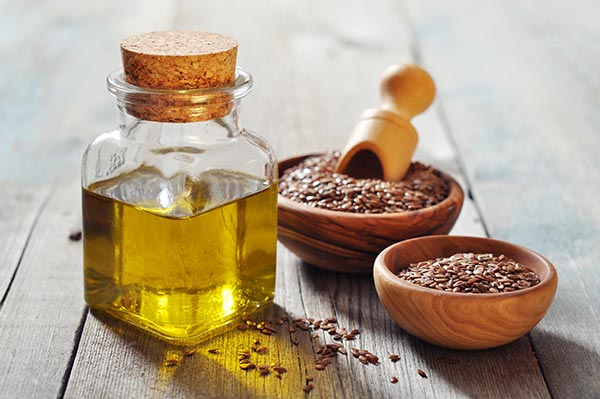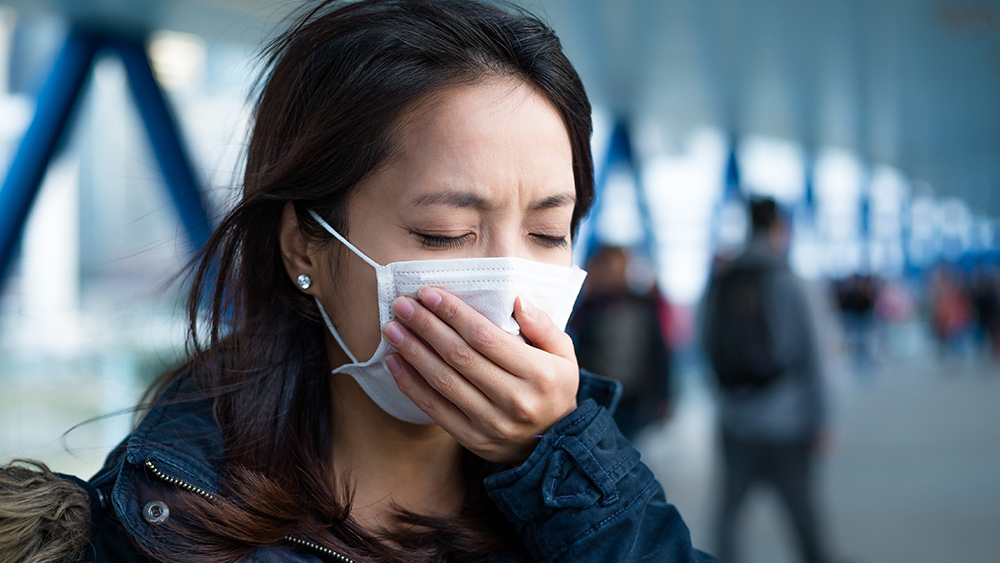Can sesame oil prevent vein inflammation caused by chemotherapy?
05/01/2020 / By Divina Ramirez

Many conventional methods of cancer treatment like chemotherapy, radiation and synthetic medication provide little by way of relief for patients. These methods are often invasive and do more harm than good. Chemotherapy, for instance, typically involves the injection of highly cytotoxic agents that attack even healthy cells. As a result, veins undergo significant damage and inflammation.
Fortunately, a recent study revealed that sesame oil is an effective treatment for chemotherapy-induced phlebitis (CIP), a condition marked by painful, swollen veins caused by intravenously injected chemotherapy drugs. The study, published in the Complementary Therapies in Clinical Practice journal, also reported that sesame oil did not cause any apparent side effects.
The complications of chemotherapy-induced phlebitis
Phlebitis is one of the most common side effects of chemotherapy, a highly invasive type of cancer treatment. When the body is frequently subjected to intravenous injections of harmful drugs, the veins become inflamed as part of the immune system’s response to the foreign substance.
This inflammation usually lasts for weeks to several months, and it often leads to various types of vein damage. A person with CIP might experience swollen veins, numbness, pain and fever. The injection site may also harden and feel warm to the touch.
If left untreated, CIP can progress into thrombophlebitis, a serious condition that occurs when a blood clot forms deep inside the body. In turn, this severely heightens the risk of pulmonary embolism, a type of blood clot that occurs inside the lungs where it can cause acute chest pain and shortness of breath.
Many physicians prescribe the use of painkillers and oral anti-inflammatory medication to minimize the symptoms of CIP. However, synthetic drugs often cause adverse side effects that may lead to further complications. (Related: Ibuprofen found to raise blood pressure in people with arthritis and cardiovascular issues.)
Sesame oil as a potent natural remedy for CIP
Fortunately, a team of researchers from Iran found evidence to suggest that topical application of sesame oil can minimize the severity of pain and inflammation caused by CIP due to its strong antioxidant and anti-inflammatory properties.
To assess the effects of sesame oil, the researchers conducted a randomized clinical trial on 60 participants with colorectal cancer who also had CIP. The participants were divided into a control group and an intervention group. Twice a day for seven consecutive days, participants in the control group received a five-minute massage within a 10-centimeter radius of the injection site. Participants in the intervention group were subject to the same methods, except with the addition of 10 drops of sesame oil on the injection site.
To evaluate pain severity, the researchers used a visual analog scale on the first, third, fifth and seventh days of the experiment. Upon analysis, they found that the pain severity of participants in the intervention group improved more than that of the participants in the control group.
Given the findings of the study, the researchers recommend the use of sesame oil to ease swollen and painful veins in individuals with CIP.
Sesame oil can also prevent the onset of CIP
A 2012 study published in the Iranian Journal of Pharmaceutical Research showed that the topical application of sesame oil can also reduce the rate of incidence of CIP in individuals who took chemotherapy, which stood at 70 percent prior to the experiment.
To investigate the preventive effects of sesame oil, researchers from Iran studied 60 participants with colon or rectum cancer who had been admitted for chemotherapy. They divided the participants into a control group and an intervention group. Every 12 hours for 14 days, participants in the intervention group received five drops of sesame oil on the injection site, whereas participants in the control group received nothing.
At the end of the 14-day period, the researchers measured the incidence of CIP at 10 percent in the intervention group, whereas the control group had a high risk of CIP at 80 percent. The researchers concluded that the topical application of sesame oil in patients under chemotherapy has helped reduce the risk of CIP significantly.
Studies on the use of sesame oil as a natural painkiller and anti-inflammatory agent suggest that it is an effective remedy and preventive treatment for CIP.
CancerScams.com has more stories on invasive cancer treatments.
Sources include:
Tagged Under: alternative medicine, anti-inflammatory, biomedical research, cancer treatment, chemo, food cures, food is medicine, herbal medicine, inflammation, natural cures, natural medicine, natural treatment, pain relief, phlebitis, prevention, remedies, Sesame oil, veins




















